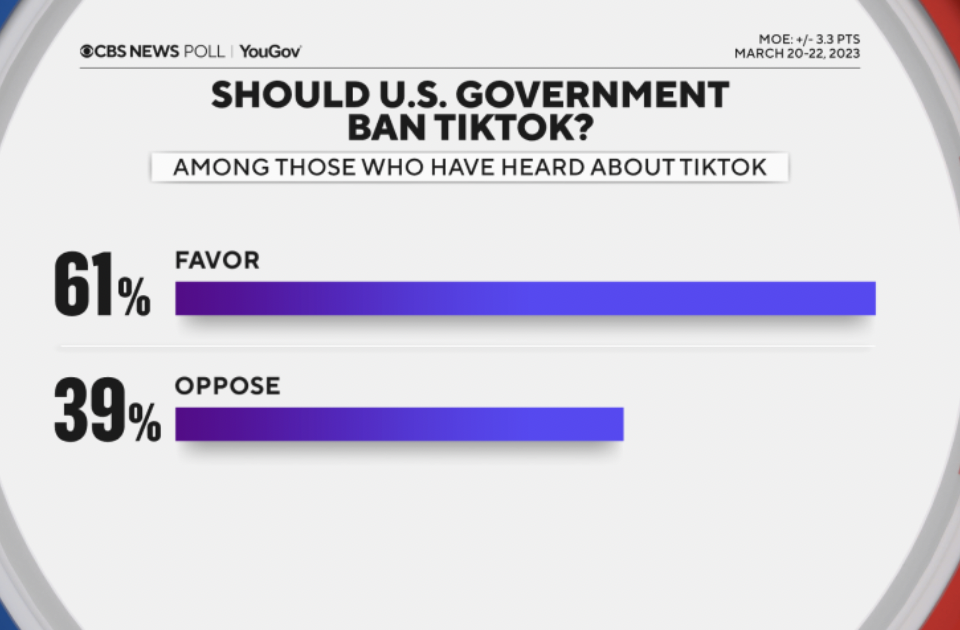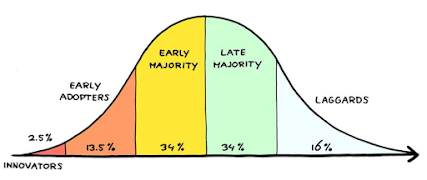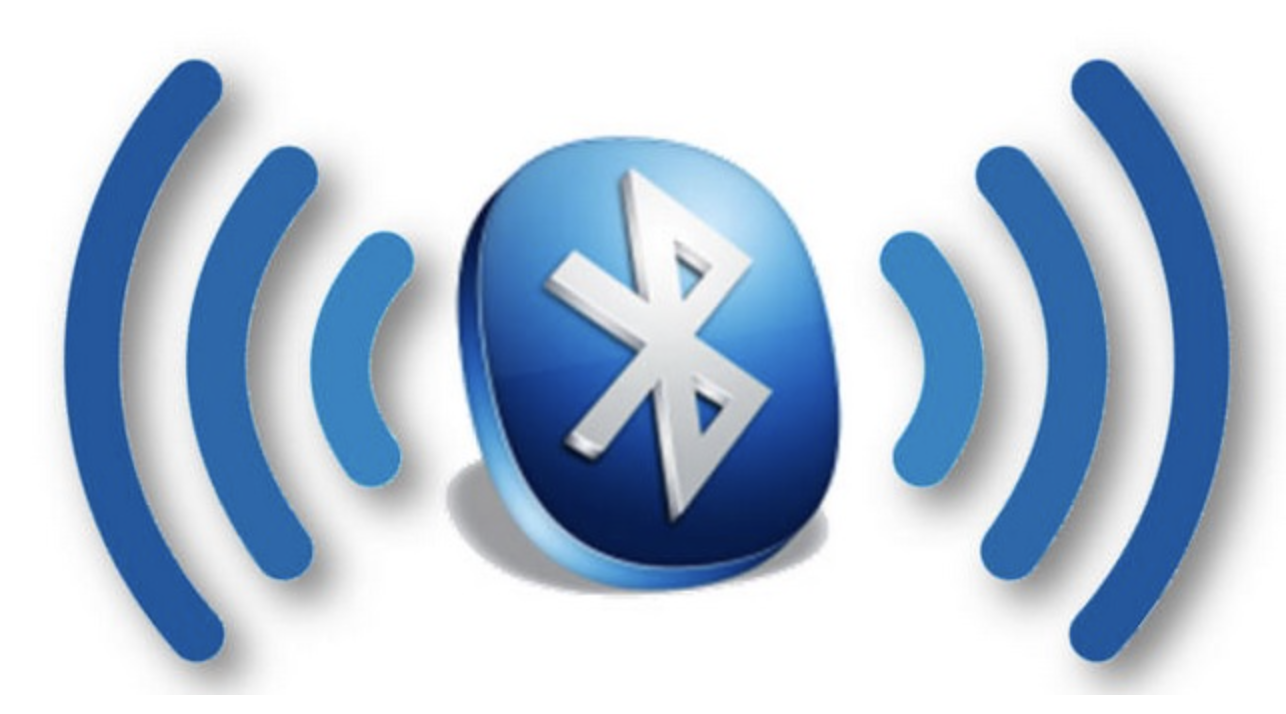My Relationship with Technology
Despite its ongoing presence, technology has become a seamless part of our everyday lives, frequently going unnoticed. Technology simplifies our daily lives, from the smart devices we use for communication to the alarms that wake us up. It controls the supply chains that deliver our groceries, runs the traffic lights on our commute, and makes online banking, entertainment, and education possible. Even our household products, such as washing machines, refrigerators, and thermostats, frequently have intelligent functions built in that operate silently in the background. We depend on technology constantly without even recognizing it, making it an invisible yet essential part of modern society.
Innovation and advancement are fueled by technology, which enhances sectors including business, education, and healthcare. It facilitates quicker communication, simplifies intricate procedures, and improves information accessibility. But social media, a particular aspect of technology, is problematic because it may spread false information, lead to unhealthy habits, and create unreasonable expectations. Social media frequently exacerbates societal problems like loneliness and divisiveness, in contrast to more general technology improvements that seek to address problems. To overcome these obstacles, digital platforms must be used carefully and regulated to maximize their advantages while avoiding their drawbacks.
Technology has transformed the way we communicate. Even though it definitely has its benefits, there are some negatives. People don't interact the way they used to. Nowadays you add a random person on snapchat and start talking to them on the phone instead of having a real interaction with them in person. It would be so much nicer to meet someone in person and get to know them rather than over the phone. They could be lying over the phone and in person, you get to hear their voice and get to know all their mannerisms. Over the phone you just get to ask random questions that they could possibly lie about.
Technology has also in my opinion made everyone rude. It's so much easier to say something negative behind a screen rather than in person because you're not saying it to their face. Now your phone can be a distraction when you're at an event, you might not socialize as much because you would rather be on your phone. This is a big problem in my opinion because in the real world you need to be outgoing if you ever want to be successful. You need to learn how to walk up to someone and strike up a conversation with them. You're never going to learn how to do that if you are always on your phone hiding behind your screen.
I have a complex and thankful relationship with technology. I genuinely value how it improves our lives by facilitating communication, giving us access to a wealth of knowledge, and making daily chores easier. I use technology as a tool and appreciate its vast possibilities. On the other hand, I am aware of how readily social media can be abused or overused. The productivity and connections that technology is supposed to promote are frequently undermined by the simple temptation to engage in constant browsing, comparison, or diversion. I appreciate what technology has to offer, but I'm also aware that if social media isn't used carefully, it may cloud its beneficial effects




















